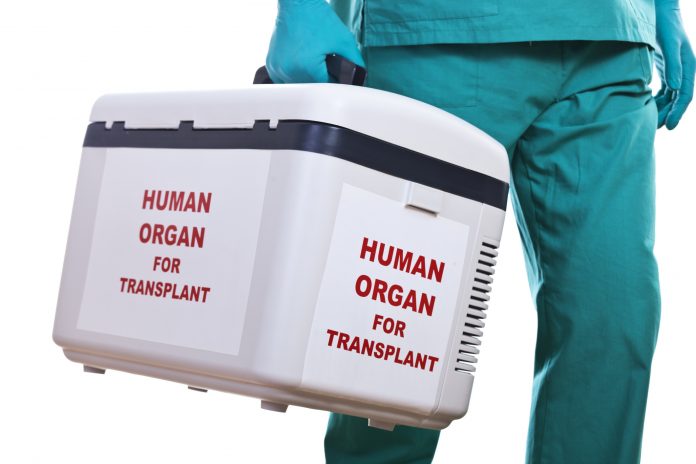
With organ transplant rejection rates as high as 50% depending on the type of organ, there is a vital need for the development of more effective therapies to prevent the activation of the body’s immune response. Now, researchers at Houston Methodist Hospital say they have identified a subset of CD4+ T cells deemed “troublemakers” that drive transplant rejection by acting like stem cells to continuously generate functionally mature effector T cells that attack the transplanted organs.
The findings, published this week in Nature Immunology, suggest that a transcription factor called interferon regulatory factor 4 (IRF4) is responsible for this activity could present an important therapeutic target to reduce the current rates of transplant rejection.
“T-cells play a central role in fighting infections and cancer, but they are also the key players in mediating autoimmune diseases and transplant rejection,” said Wenhao Chen, PhD, associate professor of transplant immunology with the Houston Methodist Research Institute. “Our study demonstrated that IRF4 is a master regulator of T-cell function; a discovery that will allow development of innovative therapies for patients with chronic infections, cancers, autoimmune diseases and transplanted organs.”
The implications are significant, as discovering a way to eliminate the undesired CD4+ T-cell response could be broadly applied across all organ types, Chen noted. But it could be a long road to get there.
“How to therapeutically inhibit IRF4 is the Nobel-prize winning question,” Chen said in reference to a past research study on this challenge. “If we can find a way to inhibit IRF4 as desired in activated T-cells, then I think most autoimmune diseases and transplant rejection will be solved.”
Chen is no stranger to examining the role played by IRF4 in regulating immune response. In research published last year in iScience, Chen and colleagues described the role the transcription factor plays in boosting the ability of CD8+ T cells in cancer immunotherapy. In that case, the expression of IRF4 was identified as a critical T cell intrinsic requirement for effective anti-tumor immunity. When the team engineered overexpression of IRF4 in anti-tumor CD8+ T cells significantly promoted their tumor infiltration and transition from a naive/memory-like cell state into effector T cell states.
Now, based on their new research into CD4+ T cells, the team hopes they can achieve similar results and potentially inspire other research teams to broaden the knowledge of the exact mechanisms at play on how IRF4 influences organ rejection.
“This revelation about the true troublemaker within the CD4+ T-cell population is just the tip of the iceberg,” Chen said. “I sincerely hope our findings garner widespread attention, motivating both researchers and patients to recognize the significance of targeting these troublemakers.”













